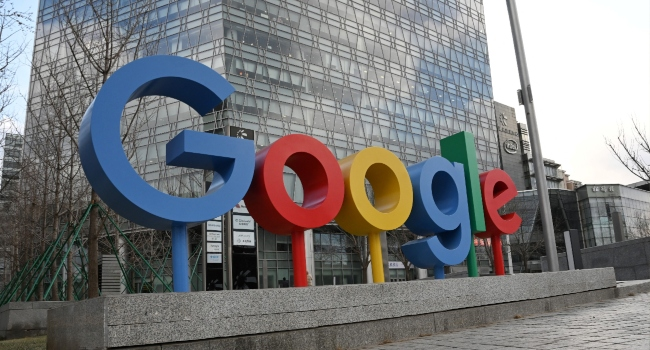June 13, 2025
Google has turned down a proposal mandating stricter age verification protocols on its Play Store for accessing certain online content, citing concerns over user privacy and technological feasibility.
The rejected measure, reportedly introduced by several regulators aiming to shield minors from inappropriate material, would have required app developers to integrate advanced age-check systems such as ID verification or facial recognition.
In a statement, Google emphasized its ongoing commitment to protecting minors online through existing safeguards, including parental control tools, content rating filters, and family-friendly policies. However, the tech giant warned that mandatory intrusive verification methods could jeopardize user trust and contravene privacy laws in multiple jurisdictions.
Regulatory bodies across Europe and parts of Asia have been pushing for tighter digital protections for children, especially as mobile app usage surges globally. Critics argue that current app store policies are insufficient in shielding underage users from explicit or harmful material.
Digital rights advocates appear divided on the matter while some praise the regulators’ intent, others side with Google’s position, stressing the need for balance between child safety and personal privacy.
As the debate continues, stakeholders await whether Apple and other major digital platforms will follow suit or implement alternative measures to address the growing concern over youth exposure to inappropriate online content.







